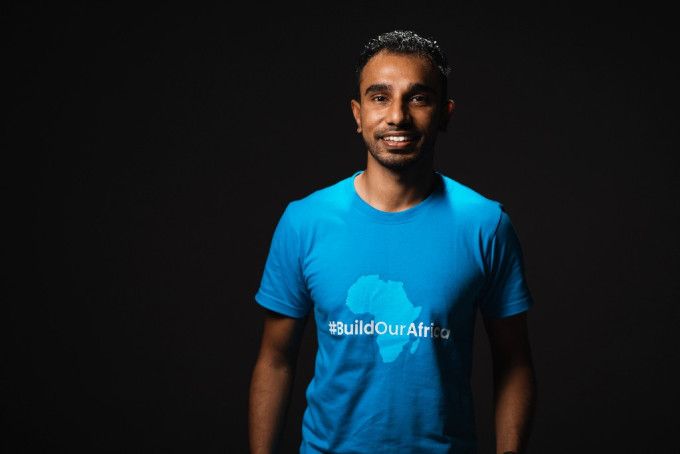NALA expands remittance services to East Africa

In Tanzania, mobile money services can be relatively difficult to use due to unstable internet and high service fees. Africa still remains the most expensive continent to send money to, due to convoluted payment systems and lack of infrastructure.
Benjamin Fernandes noticed this as a national television host while building a mobile money service to enable people to pay for TV subscriptions in East Africa back in 2011.
Six years later, he would start his own mobile money and wallet aggregator, NALA, to solve these issues. Its first mobile application allowed users to make mobile money payments and utilize mobile banking without an internet connection. The business grew to 250,000 users in over a year after its official launch.
NALA claims it’s on a mission to increase economic opportunities for Africans globally by providing a cheaper and seamless remittance platform for all Africans.
Last year, the WorldBank predicted a sharp decline of international remittances to Africa. But even though Africa is still the most expensive region to send money to with averages of 10.6% in transaction fees, the opposite happened. There was an increase in remittance activity on the continent.
NALA also noticed an uptick in remittance requests where 1 in 7 users wanted to receive money internationally. This happened despite not being in that business at the time. It’s not hard to see why: Presently, over 70% of money sent to Sub-Saharan Africa is transacted through physical stores. When many over-the-counter services were suspended or limited due to COVID-19 restrictions, people were left with expensive, unreliable or hard-to-access alternatives.
Combined with the increasing trend for digital-first financial services and listening to some users’ requests, NALA began testing international money transfers in August 2020 to facilitate payments from the U.K. to Kenya, Uganda and Tanzania. By building a multi-currency ledger where people can send money from the U.K. to Tanzania and back to the U.K. Fernandes posits that international payments are only 1% built and until money can be sent both ways in a seamless manner.
“We believe African markets should be ‘sender’ markets, too; there is a lot of trade happening with other countries, and most of the money is sent via costly bank wires or at physical stores. It doesn’t need to be this way; it’s time for something better.”
Many platforms are striving to achieve this, but none of them is targeted towards the East African region, and that’s where NALA sees an advantage. They operate locally and have a good understanding of mobile money by previously incorporating bill payments into their products, and they believe this is an extension of that.
After graduating as the first East African company from Y Combinator in 2019, NALA has courted other interesting investors to support its mission of financial inclusion. Most prominent is Accel, which has been kept under wraps for some time now. The VC firm hardly makes deals in the continent and has only invested in NALA and Egypt’s Instabug. Other investors include NYCA Partners and other Angel investors like Shamir Karkal (co-founder of Simple), Peeyush Ranjan (former Flipkart CTO and current head of Google Payments), and Thomas Stafford (DST Global).
NALA has also enlisted the services of Nicolas Esteves to become the company’s CTO. He was the VP of engineering at Osper and had a stint at Monzo. Nicolas has also helped build multi-currency ledgers across different large companies and his presence will improve NALA’s chances of achieving its goals.
In the meantime, the company will be rolling out a beta product next month for U.K.-based customers sending money to Kenya and Uganda (Tanzania will come later). The company claims that the service will support instant payments to all major mobile money accounts and says it is closing some banking partnerships that will allow it to facilitate money transfers from East Africa to the U.K.